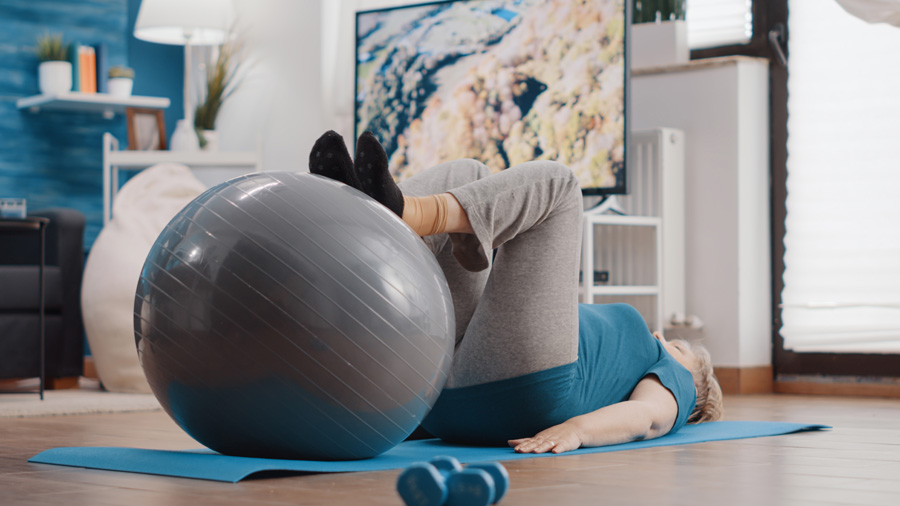Core muscles play an important role in lower back treatments because they provide stability and support to the spine. When the core muscles are weak, the spine is at risk of injury, and back pain can occur. Therefore, strengthening the core muscles can help to improve the stability and support of the spine, which can help to alleviate lower back pain and improve overall function.
Core muscles exercises, also known as 'core stabilization exercises' target the muscles of the abdomen, lower back, hips, and pelvis. The main goal of these exercises is to improve the stability and support of the spine, by training the muscles to work together to provide support. This can help to prevent injury, reduce pain, and improve overall function.
Some examples of core muscle exercises that can be beneficial for lower back treatment include:
- Planks: Planks are a great exercise for strengthening the core, as they work the muscles of the abdomen, lower back, and hips.
- Bridging: Bridging is an exercise that targets the muscles of the lower back and hips, which can help to improve stability and support of the spine.
- Dead bugs: Dead bugs are a great exercise for targeting the muscles of the abdomen and lower back, which can help to improve stability and support of the spine.
- bird dog exercise: This exercise targets the muscles of the lower back, hips, and glutes, which can help to improve stability and support of the spine.
It's important to note that these exercises should only be performed under the guidance of a licensed physical therapist, as some exercises may not be appropriate for certain individuals. Additionally, it's important to progress slowly and safely and to not push through pain, as this can cause further injury.
We, here at physiaclinic.com, are digitalising physical therapy. Please see our online physical therapy programs.



